Alright – so today we’ve got the honor of introducing you to Wesley Ahart. We think you’ll enjoy our conversation, we’ve shared it below.
Wesley, thanks for taking the time to share your lessons with our community today. So, let’s jump right in – one of the most essential skills for unlocking our potential is self-discipline. Where does your self-discipline come from?
Before beginning my journey as a filmmaker, I was a diver. I’ve been diving since I was 7, and what I initially thought was a fun way to spend summers flipping off the springboard at my community pool, turned into a lifelong tool for managing time, working towards a goal, and instituting self-discipline. Fast forward and I became a Division I diver, training 4 hours almost every day. When I was recruited to dive at The University of Pittsburgh, I knew my coach was taking a risk with me. I didn’t come from an elite program like most other divers on my team nor had I ever competed on the 1om platform, but I did have a strong work ethic. My coach told me if she made a spot for me on the team, I would have to learn platform quickly– and compete at conference championships. I eagerly agreed.
I was so grateful to have a spot on that team, so I decided I would put everything into learning a full platform list. One of teammates consistently questioned why I was given a spot on the team, as I wasn’t at the level others were at on platform. He would joke, telling me I would be lucky to even travel with team to conference championships– if they even decided to take me. I trained and trained, and when there weren’t enough hours of practice in the week, I asked my coach if she could come in for optional practices.
I was improving drastically when COVID hit. We were out of training for a while and were told to do what we could at home. So, my roommate and I built a makeshift platform only about 1ft high. We flipped outside on it everyday, landing on some couch cushions. Our platform starts got good. Eventually, we were allowed to train again and man was a I glad all those flips in my backyard paid off. That year, I qualified for DI NCAA National Championships on platform.
To this day, I credit the sport of diving with teaching me some of the most important lessons of my life.
1. When others think you can’t do something, you prove them wrong.
2. If you set your mind to something and become obsessed with achieving it, you are unstoppable.
3. The quote on the wall of my old weight room: “I will do today what others won’t, so I can do tomorrow what others can’t.” -Jerry Rice
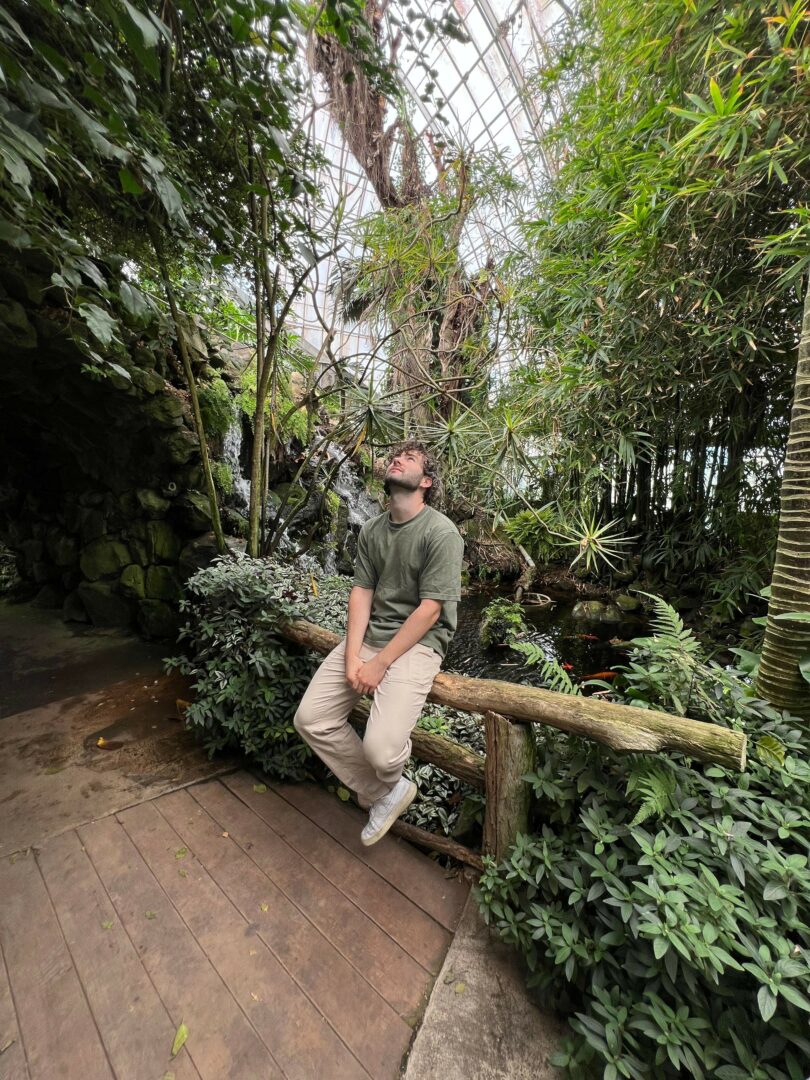
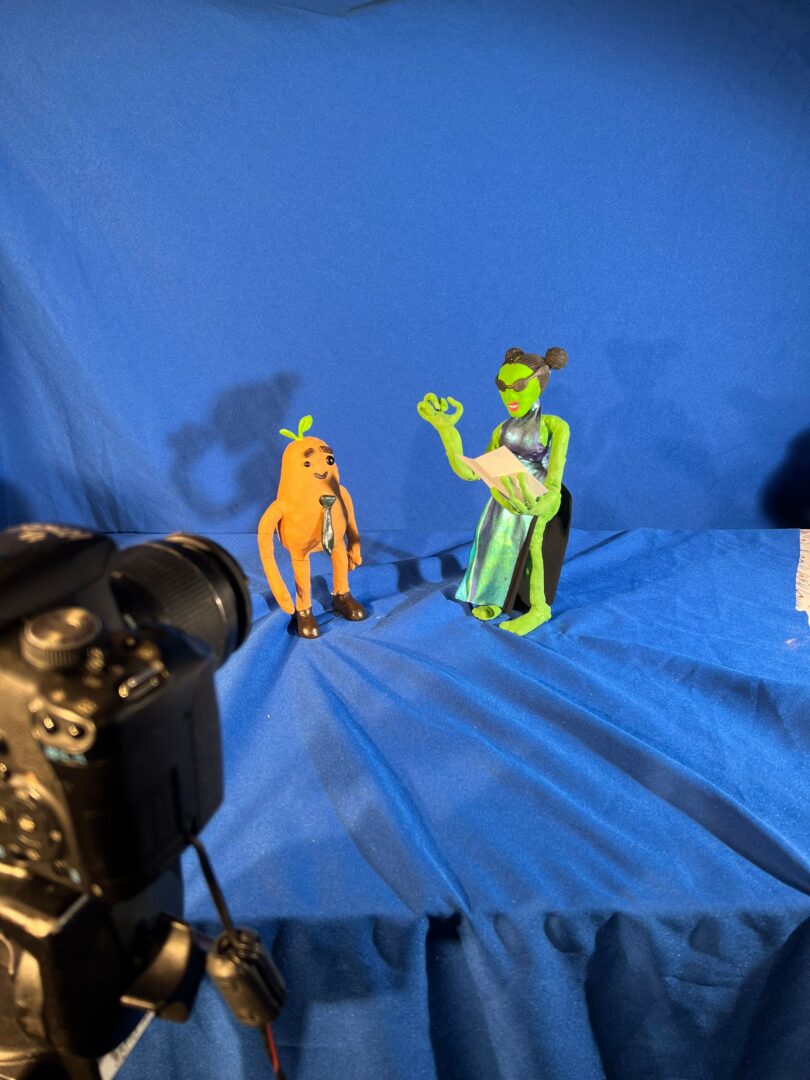
Let’s take a small detour – maybe you can share a bit about yourself before we dive back into some of the other questions we had for you?
When I was little, I always felt so alone in my small, conservative town in Pennsylvania. There was pressure to act, think, and believe the things everyone else did, and if you were different, you should change. Growing up here being gay was extremely isolating, as I never felt as though I could be myself. I didn’t think there was anyone else out there like me until one night my family was watching a movie on the TV together and during a commercial break, a trailer for a movie came on about a character coming out to his family. When he kissed a guy at the end of the trailer, my mom yelled: “Get this trash off!” and changed the channel. But in that moment, I felt a warm ray of hope. I saw someone like me as a main character with their own story. And it was ok.
Experiencing the power of movies and TV and discovering how the medium can make people feel like they are not alone, it became my mission as a filmmaker to give the spotlight to those who don’t normally get it. I want to lift LGBTQ+ characters up and tell the stories that need to be told. I want to use film as a mechanism for change– whether that be spreading environmental messages, shifting audience perspectives, or bringing communities together. There are so many people who have yet to see someone like themselves as the main character and I want to be a part of this change.
I am extremely excited to have been selected by my school to write/direct a thesis film this upcoming fall, which I am currently in pre-production for. This film blends my love for stop-motion animation, virtual production, and live-action to tell the story of a grief-stricken twink and a fame-obsessed alien influencer who form an unlikely alliance to take down the capitalist tyrant responsible for his boyfriend’s death. This dramedy, although a bit weird and satirical, has real-world themes and messages that I am passionate about telling. It’s a story that I believe needs to be told now and I can’t wait to bring it to life.
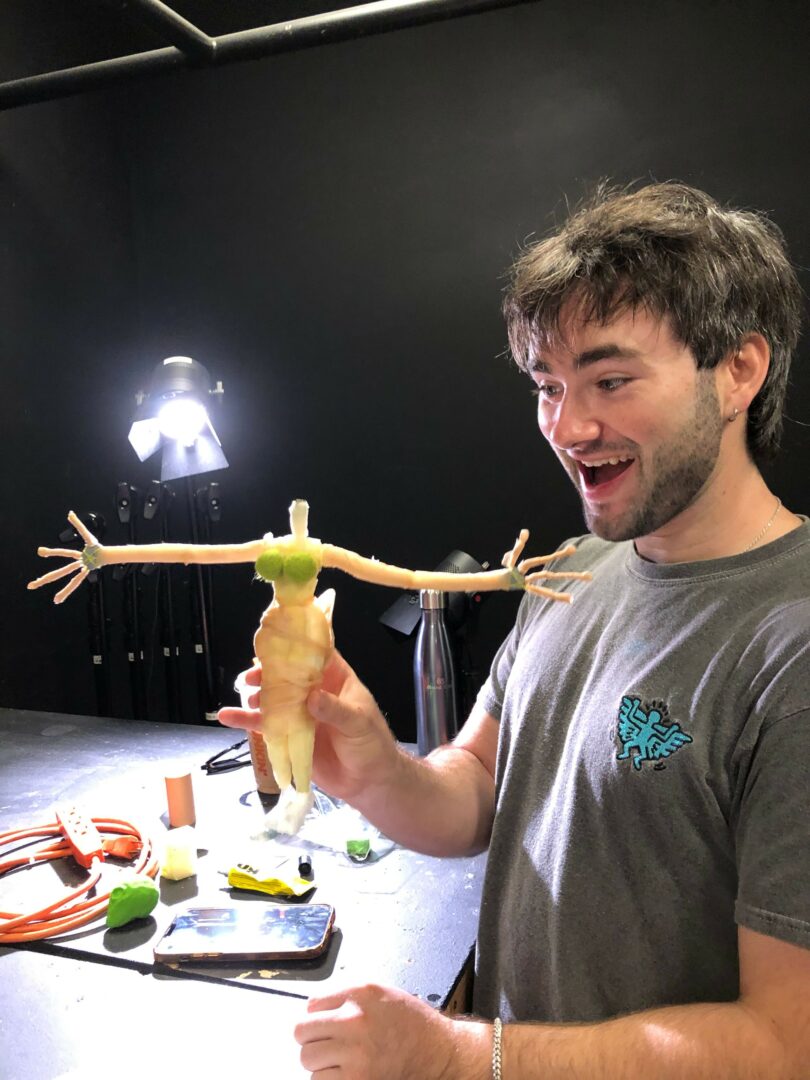
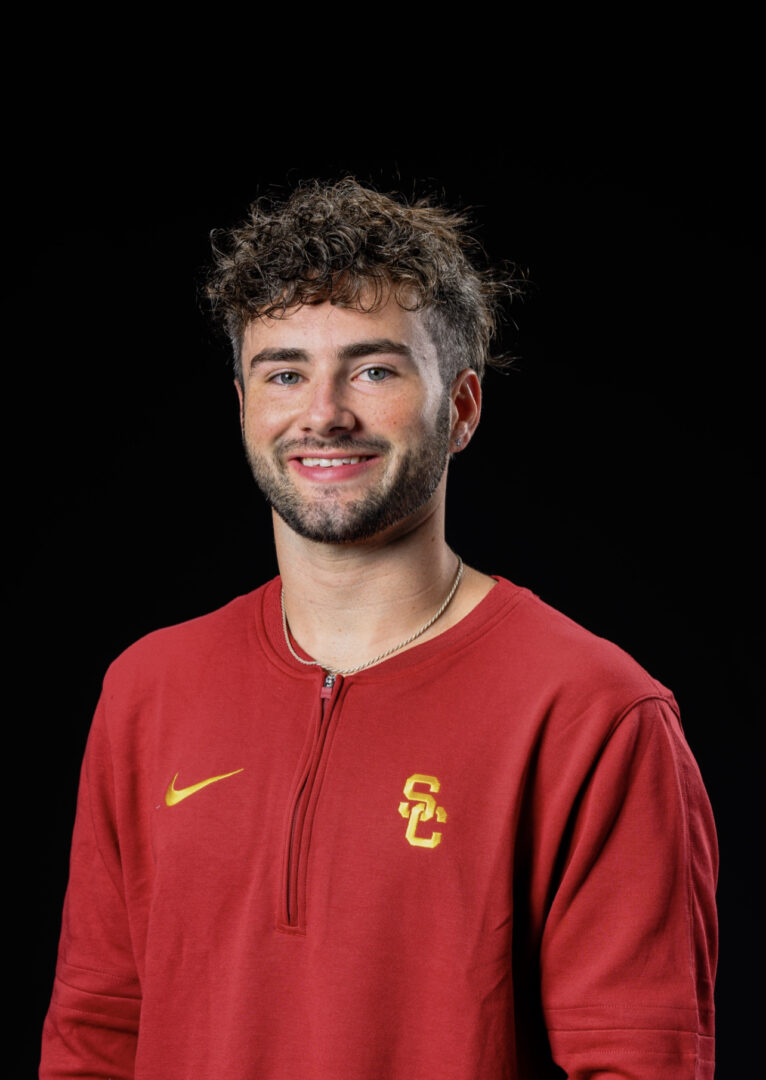
Looking back, what do you think were the three qualities, skills, or areas of knowledge that were most impactful in your journey? What advice do you have for folks who are early in their journey in terms of how they can best develop or improve on these?
Looking back, three things shaped my creative path more than anything else: resilience, obsessive curiosity, and the ability to embrace what makes me different.
1. Resilience
I didn’t come from a place where being different was good—creatively or personally. Growing up queer in a small, conservative town taught me early on that I had to push through doubt, fear, and external judgment if I wanted to be myself, let alone create.
Diving was my first teacher—being told I wasn’t good enough, then building myself up through sheer repetition, grit, and belief. And honestly? Taylor Swift’s Reputation album inspired me too. Watching her get torn apart for doing what she loved—and then turning that hate into fuel—taught me something powerful about resilience. She didn’t shrink herself to fit in. She made the loudest, boldest version of her story and owned it. That album gave me permission to be unapologetic about my own voice.
Film came next. Whether it’s fighting for your story to be taken seriously or trying to get your weirdest ideas funded, this industry will test you. But if you can keep showing up, asking for help, and making the next thing even when it feels like no one’s watching—you’ll get where you want to go.
2. Obsessive Curiosity
I became the filmmaker I am because I let myself chase obsessions: learning to shoot stop-motion in my basement, watching behind-the-scenes videos for hours, problem-solving lighting setups and doing camera tests. When I didn’t have access to fancy equipment, I built sets out of cardboard, or flipped off of a makeshift wooden platform in my backyard. Creativity isn’t about waiting for permission—it’s about making stuff anyway. If you’re early in your journey, don’t worry about being “good” right away. Be curious. Make weird stuff. Try everything. Stay up late following rabbit holes. That’s how your voice finds you.
3. Embrace What Makes You Different.
For so long, I tried to water myself down—fit in, blend, survive. But the second I started creating work that was honest to who I am—it resonated. People responded because it was real, and it was mine. Whether your identity, aesthetic, or story falls outside the mainstream, don’t shrink it—amplify it. That’s your superpower. You’ll find your people by being fully yourself.
Be relentless. Stay weird. Protect your spark. And don’t wait for permission to make the thing that only you can make. Someone out there is waiting to see themselves in your story.
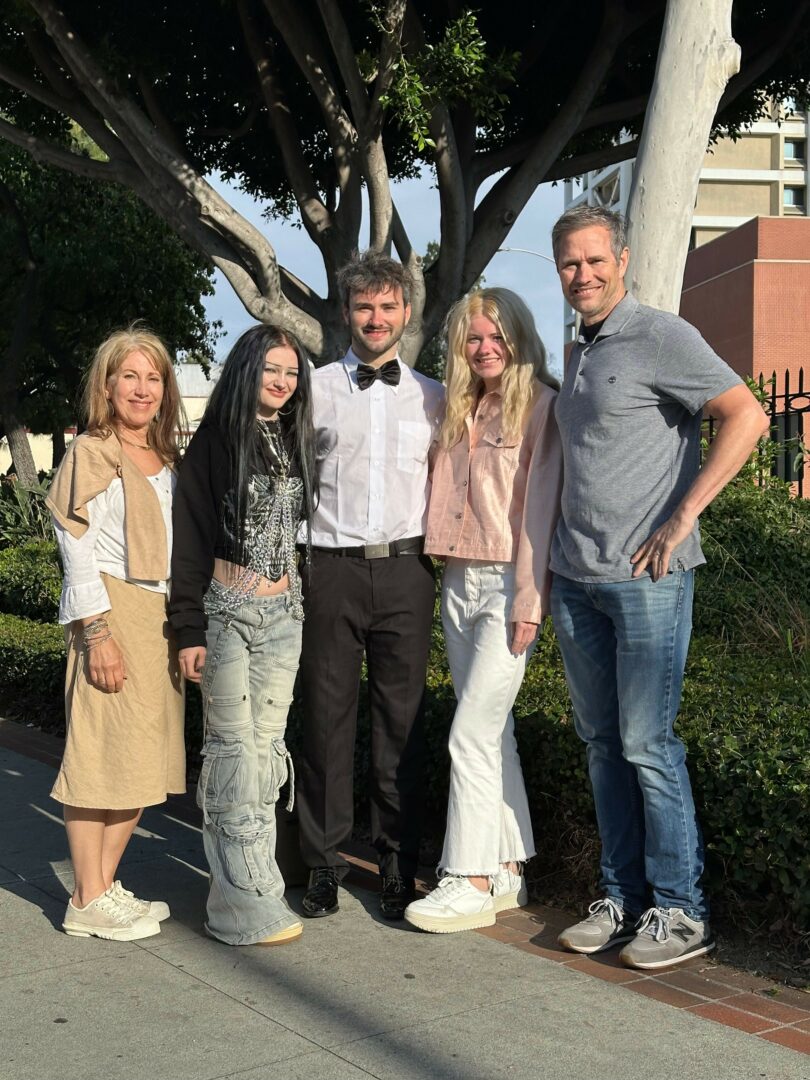
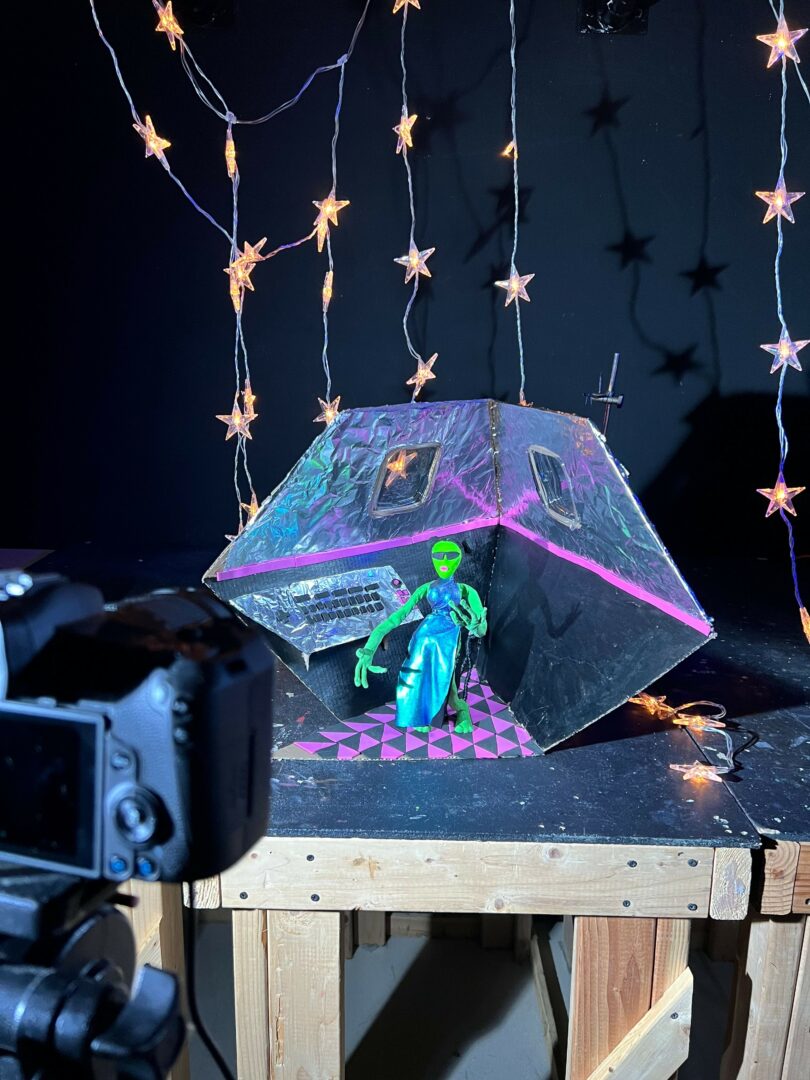
What has been your biggest area of growth or improvement in the past 12 months?
Over the past year, my biggest area of growth has definitely been in technology and virtual production. I used to consider myself pretty technologically challenged—camera settings confused me, VFX software felt intimidating, and anything beyond basic editing felt wayyyy out of reach. But that changed last semester when I took a virtual production class. We worked with Motion Capture, using OptiTrack, and Unreal Engine to put live actors into digital environments. It was overwhelming at first—seeing people in wetsuits with ping pong balls and then translating that data into a virtual world felt like science fiction.
At the start, I didn’t even know how to parent a prop to a character’s hand. But I stayed up late—sometimes all night—learning how to use tools like facial-tracking, Motive, and the virtual camera system. I asked questions, watched endless tutorials, and made a lot of mistakes. But by the end of the class, something clicked. I was able to direct a full virtual short, and now I’m still working on refining that piece, almost as a proof of concept for my thesis film. (Fun fact: it has aliens, too.)
I never thought I’d be someone who felt comfortable in a space like Unreal Engine, but now it’s one of the most exciting parts of my toolkit as a filmmaker. And more importantly, it taught me that I can learn technical skills I used to be scared of—as long as I care about the story enough to stick with it.
Contact Info:
- Website: https://wesahartproduction.carrd.co/
- Instagram: wes.ahart
- Linkedin: https://www.linkedin.com/in/wesley-ahart-105404b3
- Youtube: https://www.youtube.com/@wesleyahart8735?app=desktop
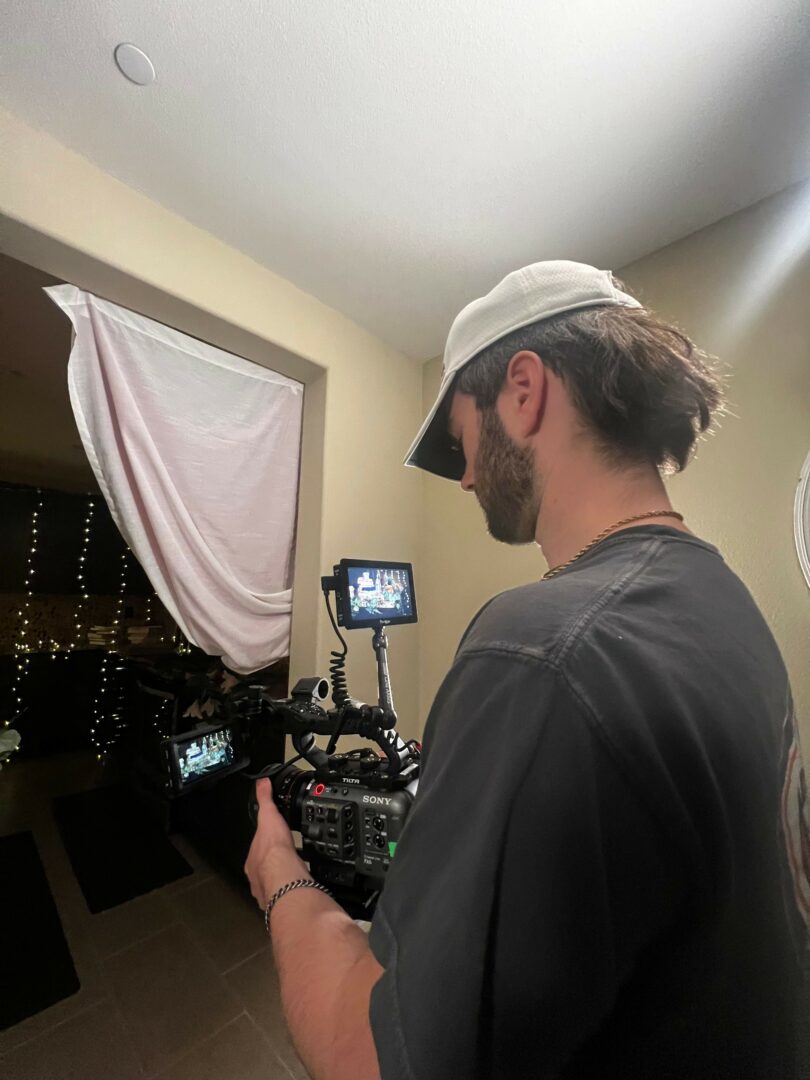
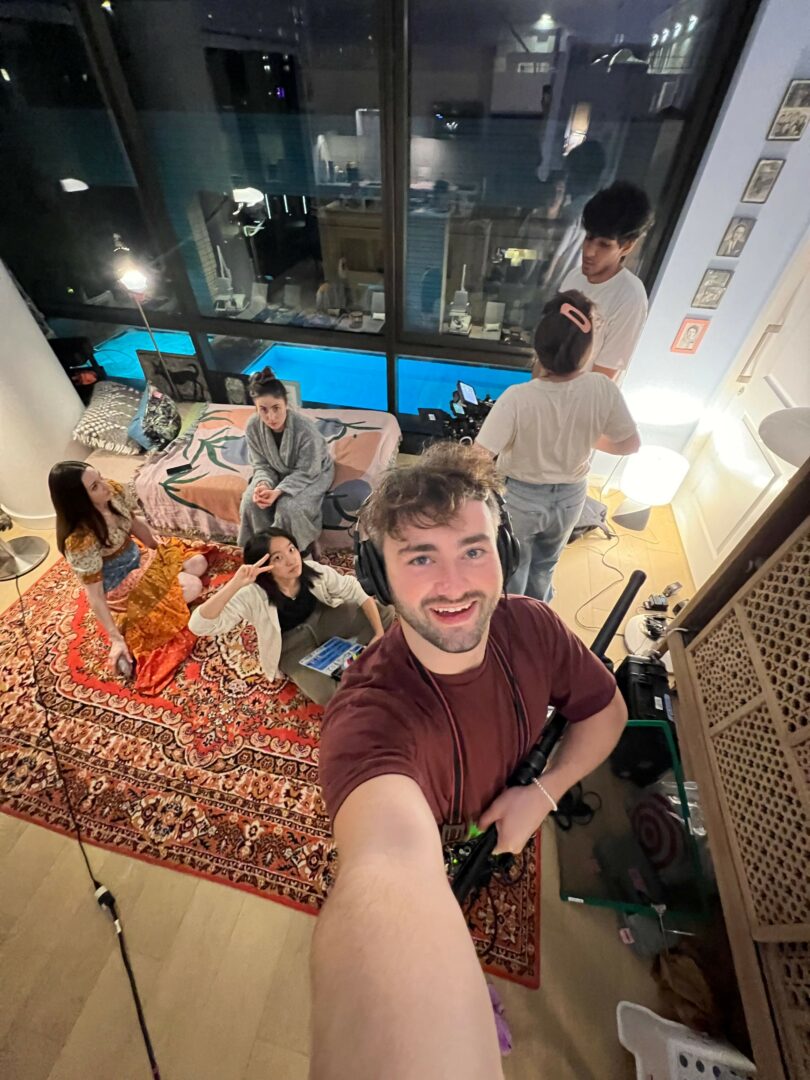
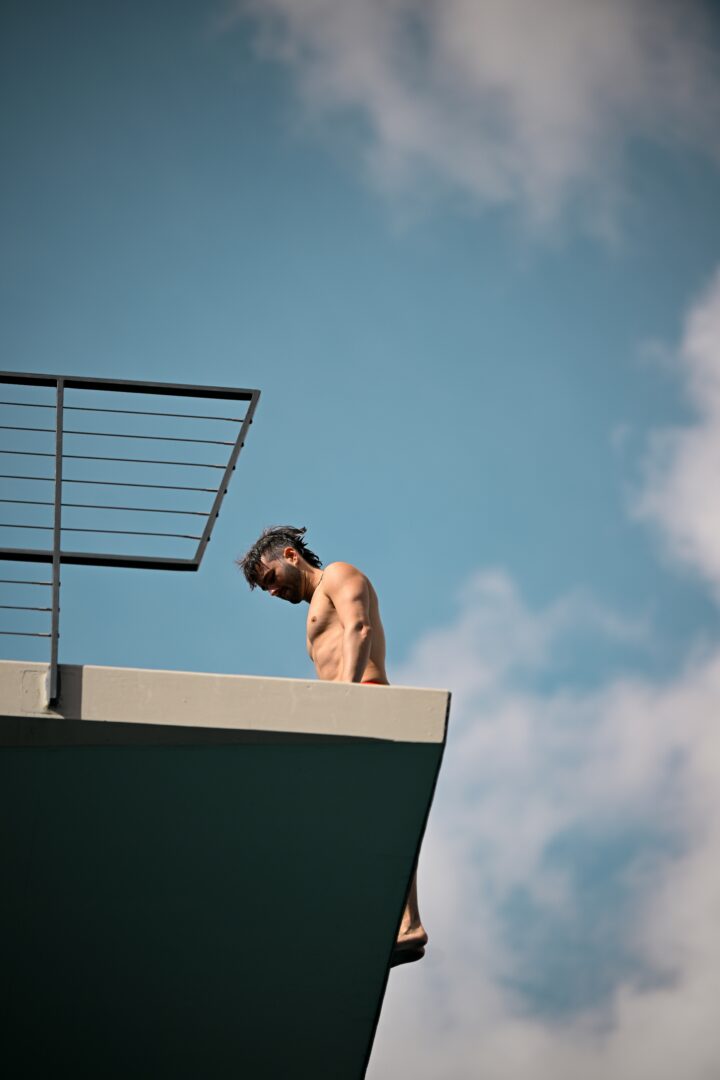
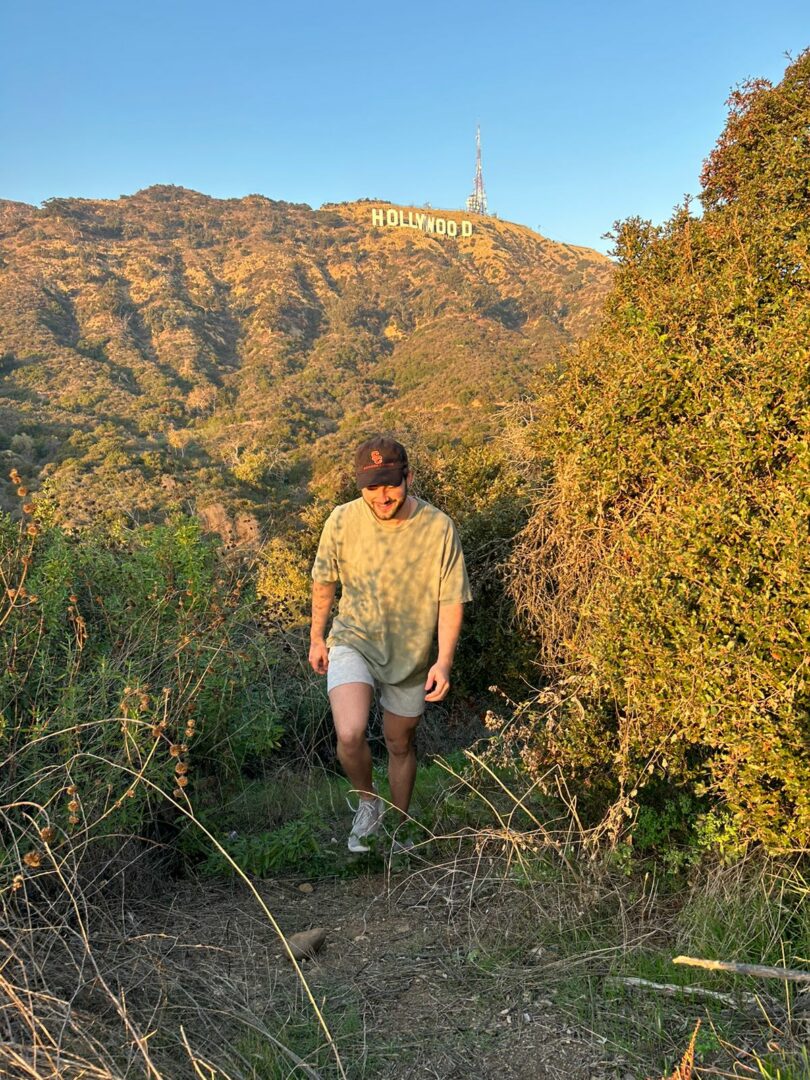
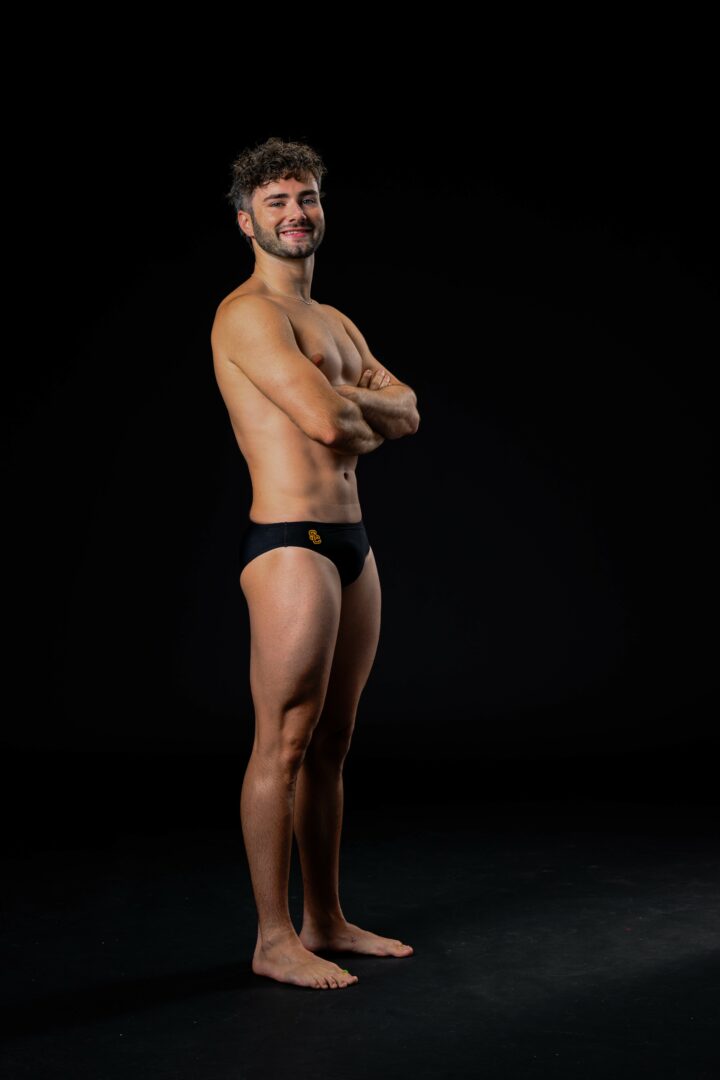
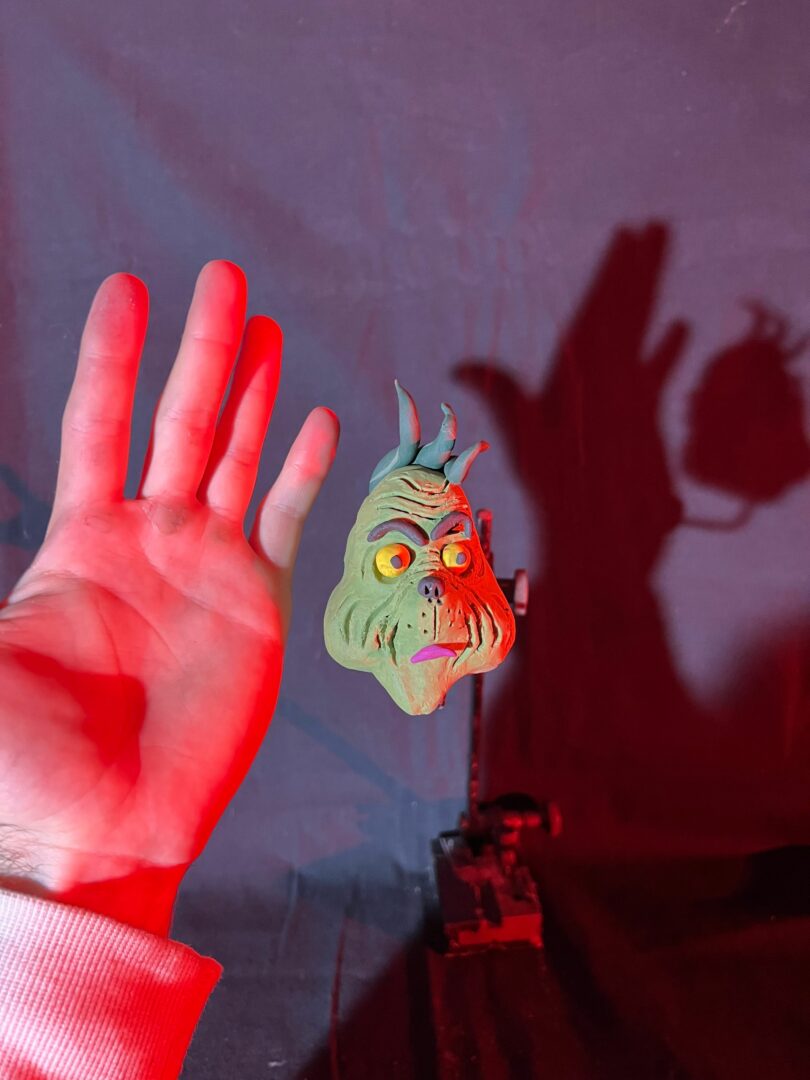
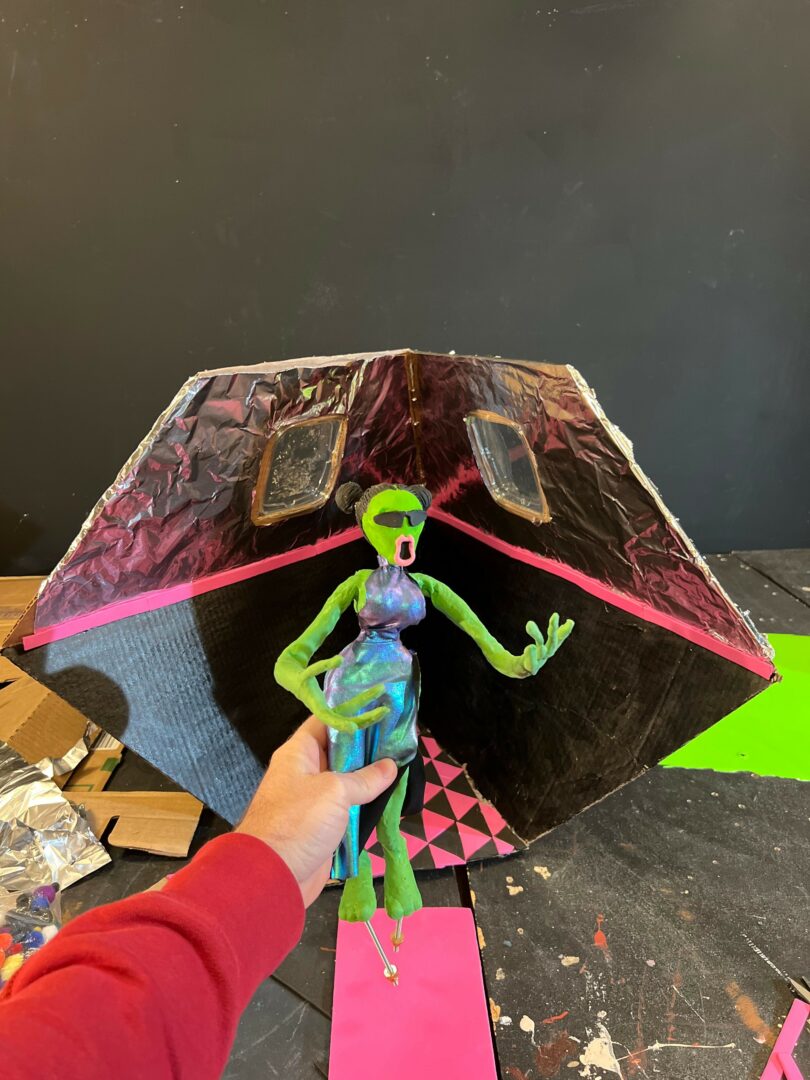
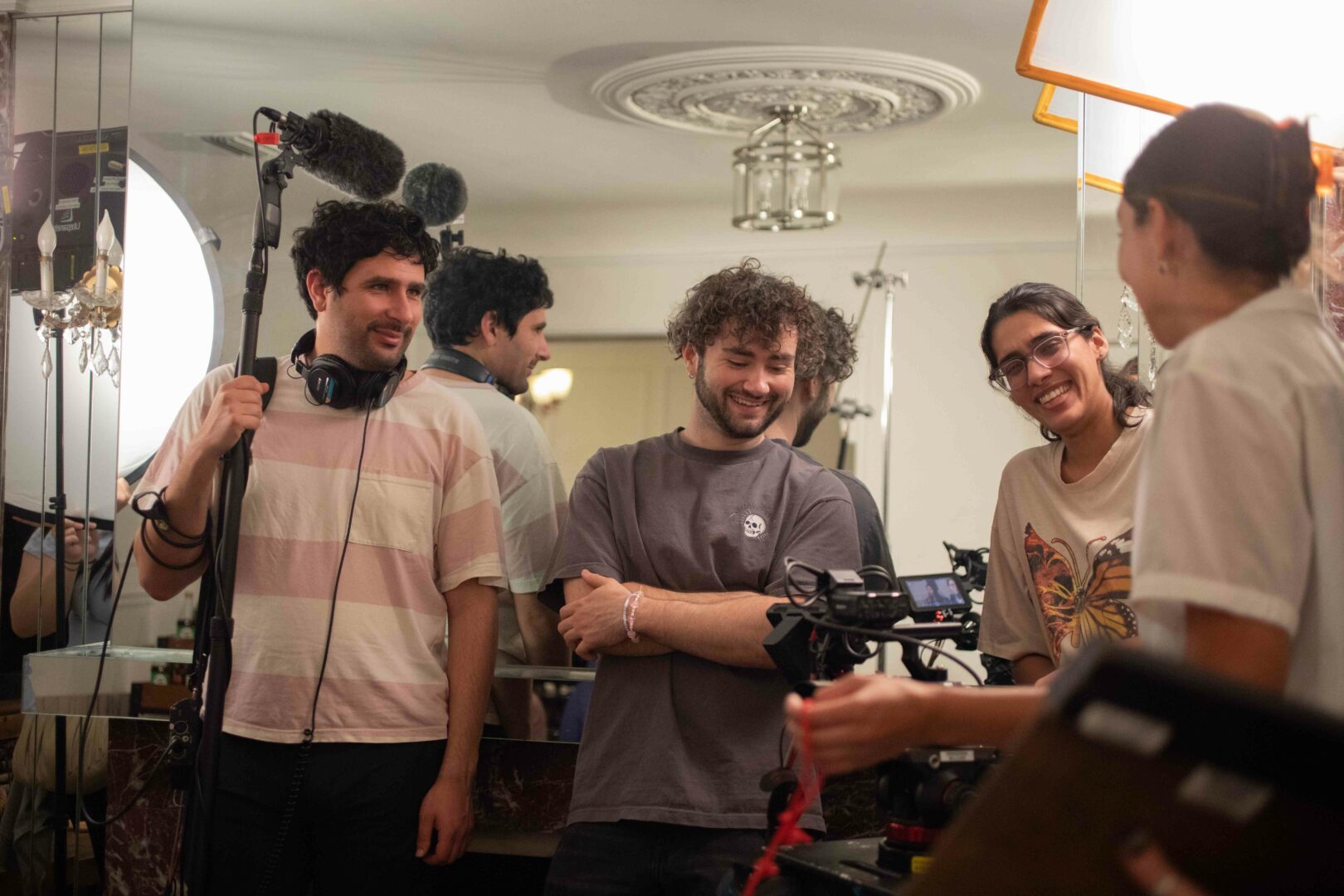
so if you or someone you know deserves recognition please let us know here.




